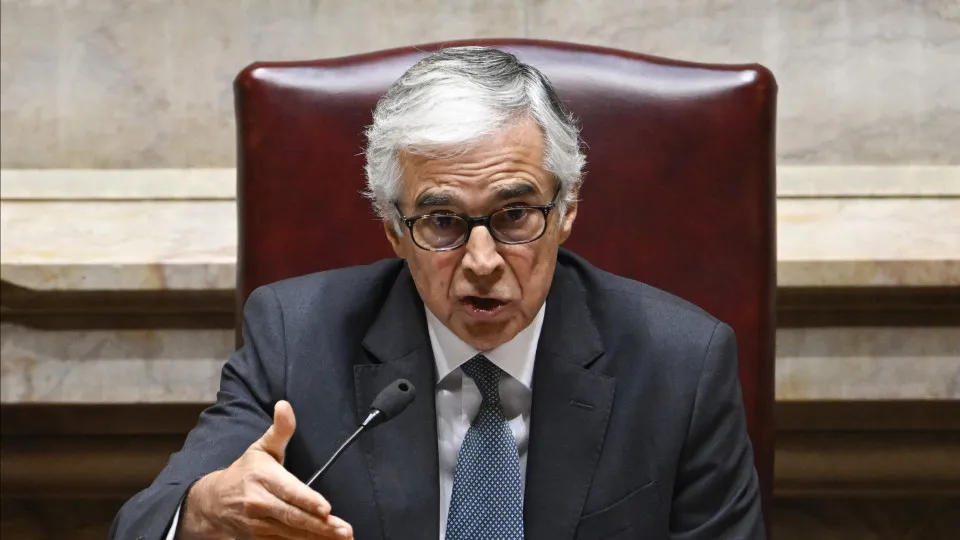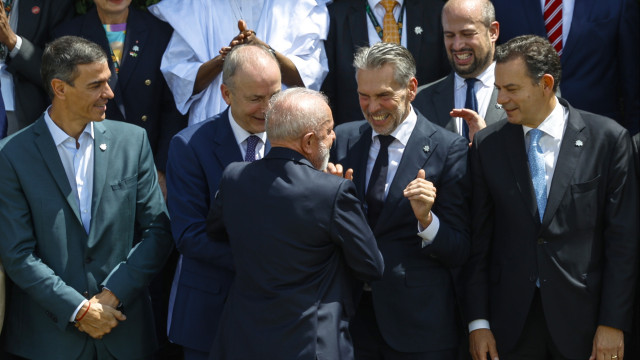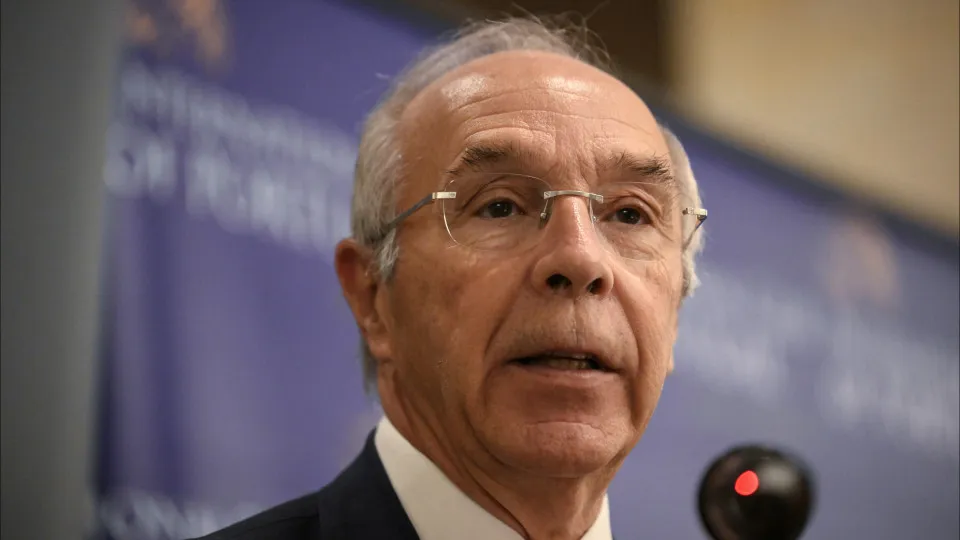
José Pedro Aguiar-Branco spoke to journalists following a three-and-a-half-hour meeting in the Senate Chamber of the parliament, which included the Minister of Justice, Rita Alarcão Júdice, representatives from political parties, and various judicial institutions, among them the Attorney General, Amadeu Guerra.
“It was an unprecedented meeting. We now need to make use of what was discussed here, as it allows for a common denominator in many areas considered by all participants,” stated the President of the Assembly of the Republic.
The initiative leading to this meeting held in the Senate Chamber was launched by José Pedro Aguiar-Branco and the President of the Supreme Court of Justice, João Cura Mariano, earlier this year during the opening of the judicial year. Its objective was to find consensus that would enable a reform making the justice system faster and more reliable.
In front of journalists, the President of the Assembly of the Republic argued that the meeting’s objectives were met, thanks in part to the adopted methodology, where each justice agent had a limited ten minutes to speak and present five concrete proposals for sector reform.
“The gathered material will be documented and distributed to all parliamentary groups and entities present at the meeting. These documents should form a working basis for proposals and solutions to resolve many justice-related issues,” explained José Pedro Aguiar-Branco.
The President of the Assembly of the Republic also noted that all participants found the meeting “useful” and expressed openness to new initiatives, potentially with “refined” formats, such as including representatives from the Judiciary Police, the Constitutional Court, or peace judges.
“Often it’s said there is excessive corporatism in justice, that different sectors are at odds, and dialogue is not possible. However, this meeting proved the opposite. This is an important signal for everyone,” he emphasized.
According to José Pedro Aguiar-Branco, the meeting identified “broad or common” points among different justice agents, notably the need for technological changes and greater interoperability between IT systems.
A technological evolution, he noted, could contribute to greater speed in the justice system.
“In this meeting, we identified the priorities for all and those with the broadest consensus. I don’t have the illusion that all proposals are feasible, but we’ve made a constructive step. The constructive dimension is seeing the glass differently, highlighting areas where shared priorities can lead to actual implementation,” justified the President of the Assembly of the Republic.
José Pedro Aguiar-Branco reiterated that the justice meeting had an “unprecedented” character, showing “it is possible to establish communication channels in the Assembly of the Republic without compromising the separation of powers.”
“Also, without undermining the competence of the organs present, a joint effort is possible. Therefore, if other meetings are necessary, everyone was willing. Some deputies even suggested it would be helpful for similar meetings to occur at different times, possibly with a different format allowing for a more successful debate dimension,” he pointed out.
The parliamentary president stated the model proposed for today’s meeting aimed primarily at the efficiency factor.
“This was so it could be conducted effectively and in a timely manner, but I’m open to exploring other meetings with different formats,” he added.




